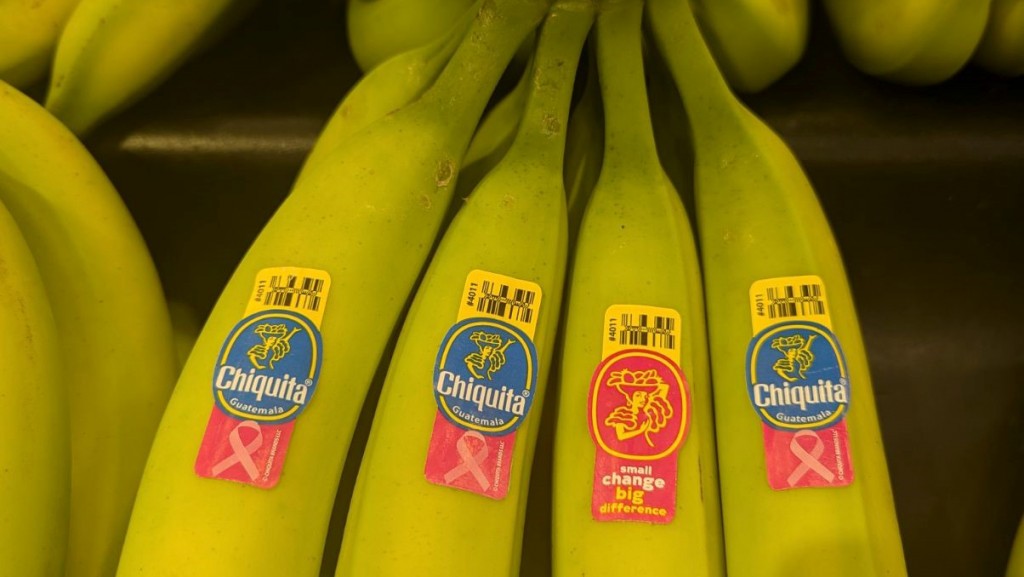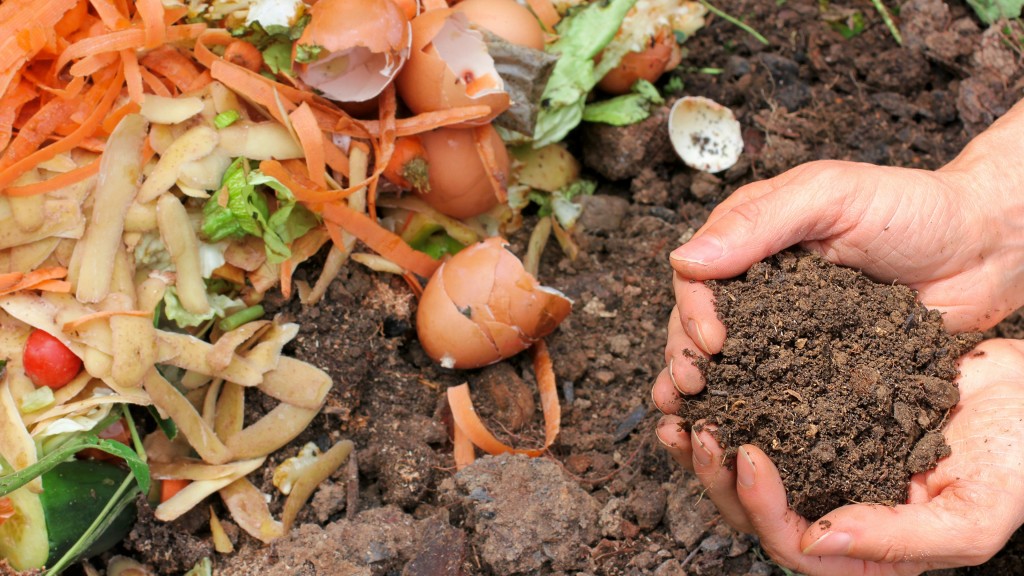(UPDATED) Compostable produce sticker standard plan moves forward after global meeting
Fresh produce industry leaders met and created a framework for the adoption of certified compostable PLUs starting in 2025

Price Look Up (PLU) stickers were created to accurately identify fresh produce for traceability, inventory control, and pricing, but they are predominantly non-compostable. Currently, a significant portion of discarded PLU stickers accompany fresh produce waste that is being sent for organics recycling. These stickers end up contaminating the organics recycling process, adversely impacting the finished compost's quality and value.
A worldwide initiative between two industries
Recognizing this impact, the fresh produce industry has identified the need to develop and adopt certified compostable PLUs. This topic was centre stage in a first-ever, worldwide meeting between the fresh produce industry and compost organizations in Niagara Falls, Canada, on October 1st, with the objective of establishing a global compostable standard for PLUs.
"Moving to a certified compostable format for PLUs is a priority for organics recycling facilities," says Susan Antler, executive director of the Compost Council of Canada. "The current plasticized format cannot be easily removed during the organics recycling process and can result in the collected organics being sent to landfill, contributing to climate change and diminishing an important resource to build soil health. Recognizing the global sourcing network for produce, the members of the International Compost Alliance are keen to work out the solution to help the produce industry transition to compostable PLU stickers."
Compatibility with compostability standards around the world
Because of the nature of global sourcing of produce year-round, and the potential regional variability of composting processing requirements, there is benefit for both the composting and fresh produce industry to develop a single global standard for compostability that is compatible with compost standards around the world.
"CPMA is delighted to see the fresh produce and composting industries work together towards a global standard for compostable PLU stickers. Given PLUs are an integral part of global fresh produce supply chains, this global dialogue is a must," said the Canadian Produce Marketing Association's president Ron Lemaire. "Accelerating the adoption of compostable PLUs is a global priority given the risk that compostable PLU requirements will increasingly diverge from country to country. The coming-together of fresh produce and composting industries will help reduce the burden on complex fresh produce supply chains, while also ensuring that food waste is increasingly recycled into value-added products."
Attendance from around the globe
The meeting was jointly organized by the Canadian Produce Marketing Association and the Compost Council of Canada, with the support of the Government of Canada. In-person and virtual attendance included representatives of the fresh produce industry, including members of the International Federation of Produce Standards (IFPS), which includes the International Fresh Produce Association, United Fresh New Zealand, CPMA, Fruit and Vegetable Growers of Canada; Ontario Fruit and Vegetable Growers Association (OFVGA), as well as technical experts from leading global PLU manufacturers. The global compost industry was represented through the International Compost Alliance (ICA) with in-person representation from Australia, the United States, Ireland, the United Kingdom, Italy, the European Union, and Canada. Government representatives from the United States Department of Agriculture (USDA) and Environment and Climate Change Canada (ECCC) were also in attendance.
The meeting provided a unique opportunity for the fresh produce industry and composting industry to better understand their respective positions on PLU stickers. This included the fresh produce industry outlining the critical role PLUs play in helping accurately and effectively identify fresh produce for enhanced traceability, inventory control, and pricing at retail. The composting industry outlined the impacts of discarded PLU stickers accompanying fresh produce waste sent to organics recycling, including consumer-sourced, commercial, and business organic waste sources. Given most PLU stickers are currently non-compostable and difficult to remove, and they physically contaminate the organics recycling process and adversely impact the finished compost quality and value, the meeting provided a strategic opportunity to identify a way forward which recognizes each industry's respective priorities.
Outcomes of the meeting and next steps
Outcomes of the meeting included the identification of a draft framework to move forward, including the draft elements of a global compostable PLU standard, comprised of compositional as well as in-field testing requirements. A draft multi-phased roadmap towards timely and global adoption of a standard that reflects the evolving global regulatory landscape was also identified.
Next steps include broader engagement of industry representatives with their respective regional and global counterparts to disseminate the meeting's key findings. This will include broader engagement with fresh produce stakeholders in the EU, and other key markets where PLU requirements are rapidly evolving. A compostable PLU standard action plan will be developed and launched by industry stakeholders before the end of 2024, leading to actions to promote and accelerate the development and adoption of certified compostable PLUs starting in 2025.



